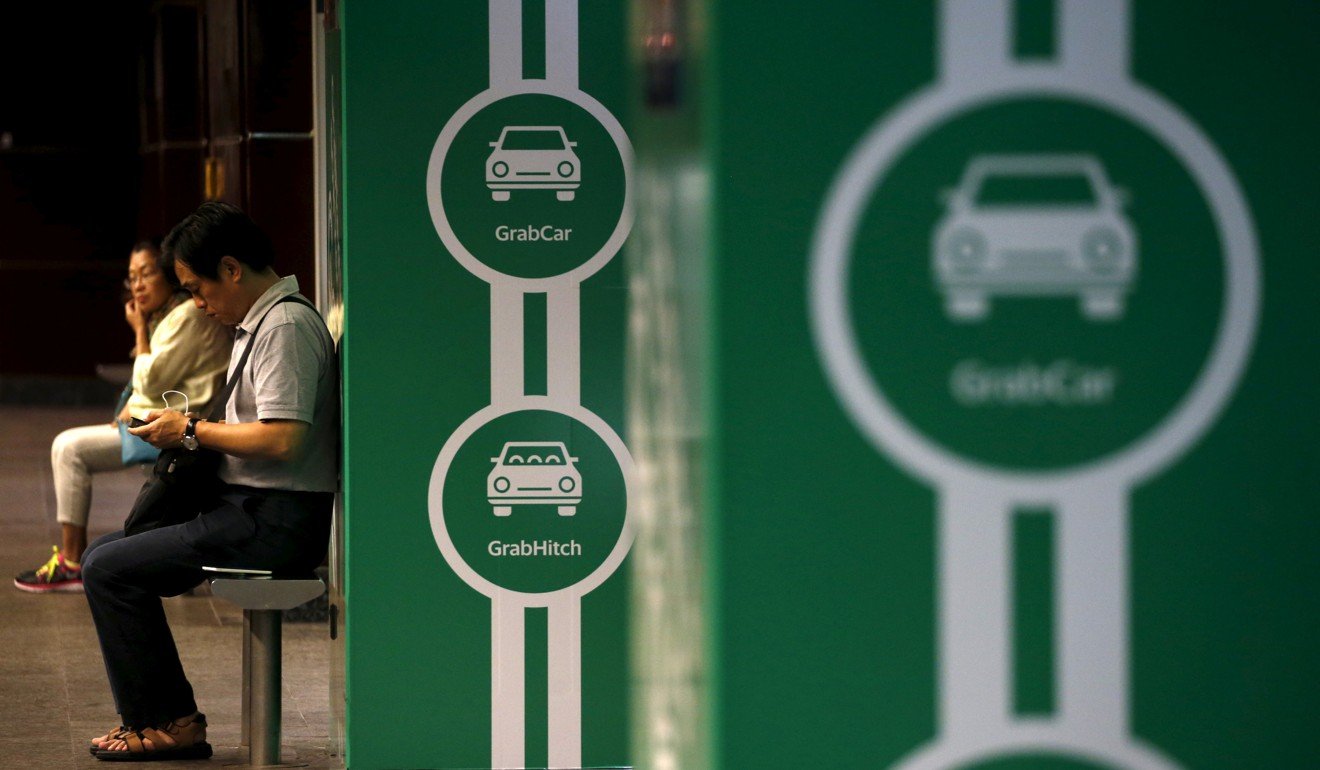
Grab to include third-party providers in quest to build ‘everyday app’
Including third-party providers, as opposed to building a service in-house, would enable Grab to expand its offerings at a quicker pace
Grab, the Singapore-based on-demand services company that bought out Uber’s Southeast Asian business, is working toward opening its platform to third-party providers as part of its stated aim to build an “everyday app” for consumers.
The company may soon announce its first batch of external service providers, according to people familiar with the plan, who declined to be named because the information is private. Grab declined to comment.
Internet companies in China and now, increasingly in Southeast Asia, are building platforms that host multiple services to deliver convenience to consumers. Including third-party providers, as opposed to building a service in-house, would enable Grab to expand its offerings at a quicker pace.

A common plank to these platforms is payments, which enables the companies to capture the consumption patterns of its users. This data can then be analysed to design better services, or to price products such as loans and insurance.
If the “super-app” platform approach of Chinese internet giants like Alibaba and Tencent, or Indonesia-based rival Go-Jek is any guide, Grab could be offering services through its platform that run the gamut from booking cinema tickets to online education and shopping. All the companies have their own mobile payment services.
Go-Jek, which venture capital investors have pegged as a competitor to Grab, has announced plans to expand beyond its home market of Indonesia to other countries in Southeast Asia.

The app now offers booking services for massage, home cleaning, car maintenance, personal styling through its app. Users can also get groceries and their prescriptions filled and delivered through the Go-Jek app.
Grab itself has branched out to other mobility-based services such as motorcycles to food and parcel delivery. The company has operations in eight countries in Southeast Asia, including Myanmar and Cambodia.
One potential downside to third-party providers is that consumers may blame the platform operator for any unpleasant experiences, making the selection of trustworthy partners a key determinant for success.
To that end, Grab has launched a venture capital arm to back start-ups. Doing so allows the company to take stakes in emerging businesses that may grow and be included on the platform down the road.


